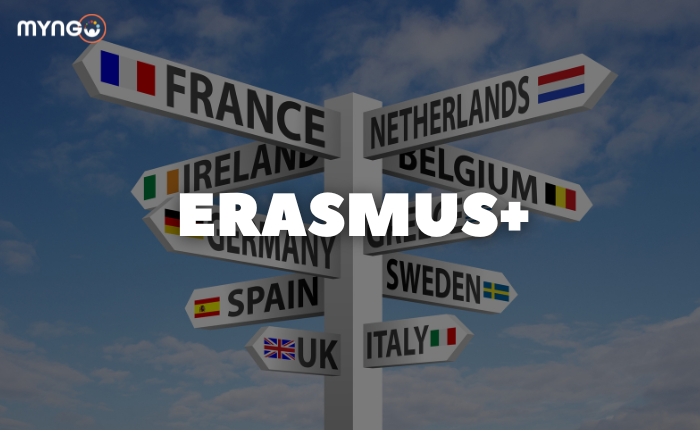
In this lesson, we’ll explore the Erasmus+ program and its significance in fostering youth leadership skills within the framework of non-formal education. Understanding Erasmus+ projects is essential for young leaders interested in international mobility, intercultural learning, and youth cooperation.
Learning Objectives
- Understand the aims and objectives of the Erasmus+ program.
- Explore the various actions and opportunities available under Erasmus+ for youth leadership development.
- Learn how Erasmus+ projects contribute to the development of leadership skills within the context of non-formal education.
Lesson Content
-
Introduction to Erasmus+
- What is Erasmus+?: Erasmus+ is an EU program supporting education, training, youth, and sport activities. It provides opportunities for young people to engage in international mobility, cooperation, and exchange, fostering personal development, intercultural understanding, and active citizenship. Importantly, Erasmus+ projects are free of charge for participants, making them accessible to all young people.
- Key Objectives: Erasmus+ aims to enhance skills and employability, promote social inclusion, foster innovation and entrepreneurship, and support youth participation and active citizenship. These objectives align closely with the goals of youth leadership development within the context of non-formal education.
Key Actions for Erasmus+ Youth
- Key Action 1: Learning Mobility of Individuals: Key Action 1 supports the mobility of young people through various opportunities such as youth exchanges, training courses, volunteering projects, and internships. These activities provide young leaders with unique experiences to develop their leadership skills, expand their horizons, and make a positive impact in their communities.
- Youth Exchanges and Training Course: Within Key Action 1, youth exchanges and training courses are particularly relevant for youth leadership development. Youth exchanges provide opportunities for young people to participate in international projects, develop leadership skills, and engage in intercultural learning and dialogue. Training courses offer specialized training and skill-building opportunities for young leaders to enhance their competencies and expertise.
- Key Action 2: Cooperation for Innovation and Exchange of Good Practices: Key Action 2 promotes collaboration and partnership-building among youth organizations, schools, and other stakeholders. It encourages the development of innovative projects and the exchange of best practices in youth work, enhancing the capacity of young leaders to address complex challenges and drive positive social change.
- Key Action 3: Support for Policy Reform: Key Action 3 focuses on supporting policy cooperation, dialogue, and research in the field of youth. It aims to improve the quality and effectiveness of youth policies at local, national, and European levels, empowering young leaders to advocate for meaningful change and shape the future of their communities.
Getting Involved in Erasmus+ Projects
- How to Participate: To get involved in Erasmus+ projects, young people can search for opportunities through national agencies and organizations. By actively engaging in Erasmus+ projects, young leaders can broaden their networks, develop new skills, and gain valuable experiences that enhance their leadership capabilities and global outlook.
Why partecipate in Erasmus+ projects?
-
Personal Growth: Engaging in Erasmus+ opportunities fosters personal growth and skill development. Participants enhance their communication, teamwork, problem-solving, and intercultural competencies, preparing them for future leadership roles and career opportunities.
-
Community Impact: Erasmus+ participants have the potential to make a significant impact on their communities. By volunteering abroad, participating in youth exchanges, and collaborating on international projects, they contribute to building stronger, more connected societies and promoting mutual understanding and cooperation.
Additional Materials
• “Erasmus+” (Official Website)